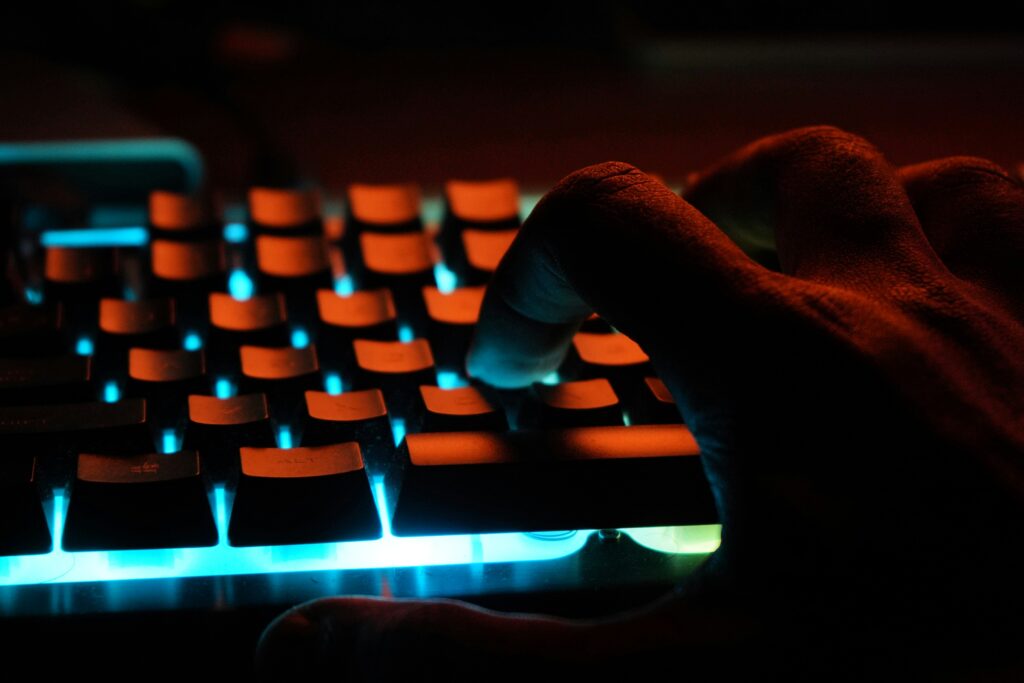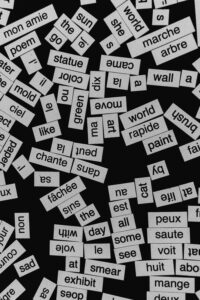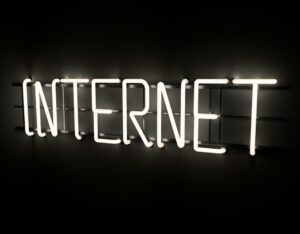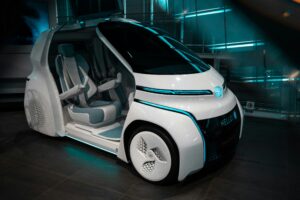Did you know that the latest trend in the tech industry is the use of artificial intelligence to create virtual influencers? These digital avatars, with their flawless appearance and charming personalities, are taking social media by storm, amassing millions of followers and securing lucrative brand partnerships.
One such virtual influencer, known as Lil Miquela, has over 3 million Instagram followers and has worked with brands like Prada and Calvin Klein. Despite not being a real person, she engages with her audience through witty captions and carefully curated content, blurring the lines between reality and fiction.
This phenomenon raises important questions about authenticity and ethics in the influencer marketing world. While virtual influencers offer a level of control and creativity that human influencers may not achieve, some argue that they perpetuate unrealistic beauty standards and deceive audiences.
According to a report by Business Insider, the virtual influencer industry is projected to reach $1.5 billion by 2022, signaling a significant shift in how brands approach influencer marketing. As technology continues to advance, it is likely that we will see more virtual influencers entering the scene, challenging traditional notions of celebrity and influence.
In conclusion, the rise of virtual influencers reflects the ever-evolving nature of technology and its impact on our society. As we navigate this new digital landscape, it is essential to consider the implications of these developments and strive for transparency and authenticity in our interactions, both online and offline.



